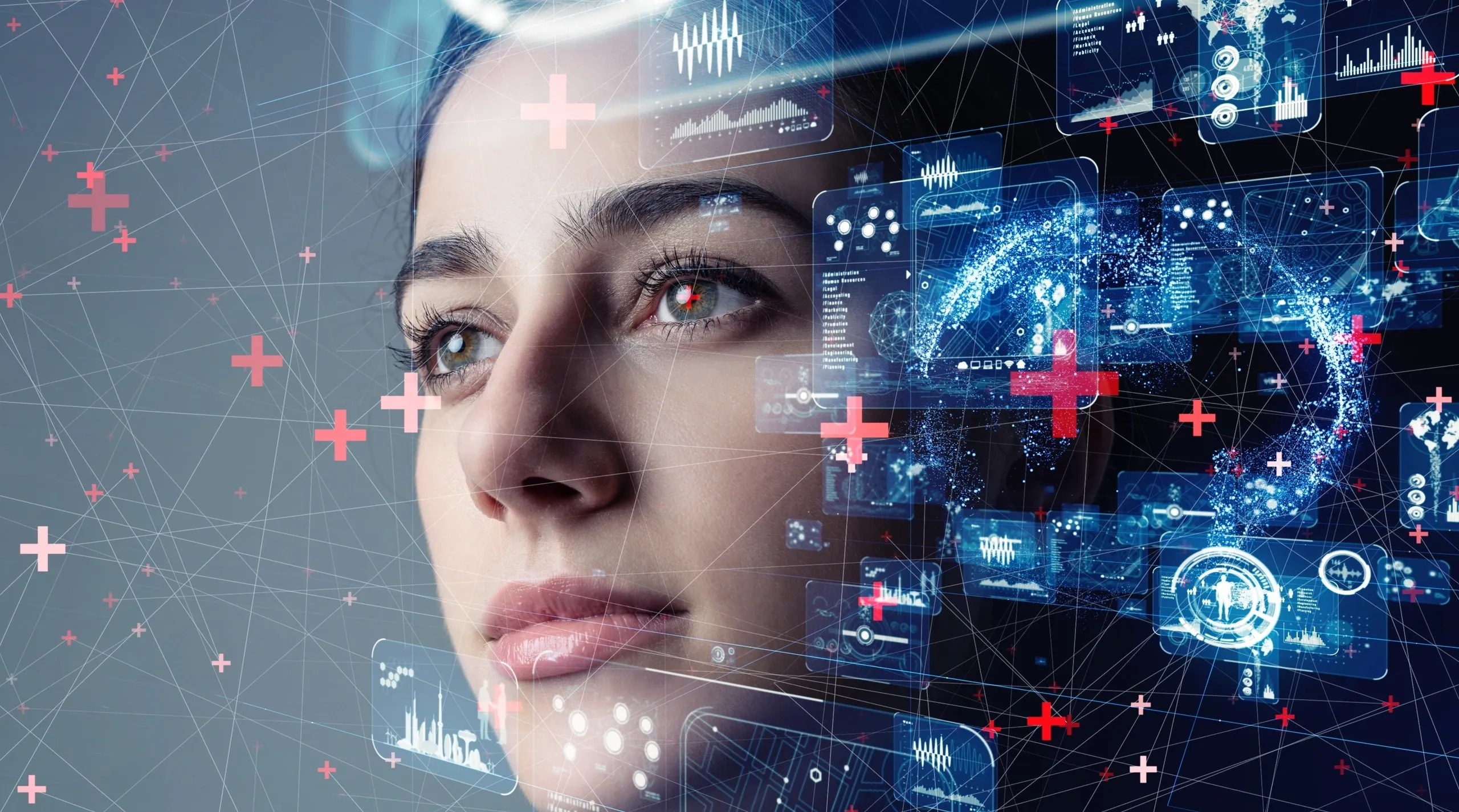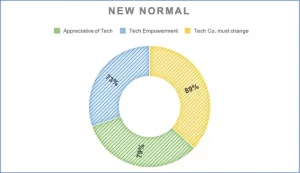Knowledge Share
New Normal, Digital Transformation, Industry 4.0
Trust | Transparency | Traceability
Empathetic Technology: The Future is Human!
1 November 2020

As technology becomes more communicative, mainly through the adoption of virtual interfaces, more emphasis is on the human element of communication. With these in contention, Empathy is going to become an increasingly important part of the tech foundation. A study by researchers at Maslo and the University of British Columbia found. While robots or machines overall were seen by humans as having significantly lower qualities of mind compared to people, younger users were much more likely than older generations to see devices as capable of processing emotions. There is a wide range of opinion regarding Empathetic and Responsive Solutions amongst the global markets. The next upcoming trend in the market will, therefore see a concerted approach towards how emerging technologies can shape a more empathetic world. As Annette Zimmermann, research vice president at Gartner clearly says, “By 2022, your device will know more about your emotional state than your own family.” This is the main reason why emerging technologies can form a more socially responsible world in the times ahead.
Let’s Ask
- What if, these technologies—smart speakers, autonomous vehicles, television sets, connected refrigerators, mobile phones; were aware of emotions?
- What if they sensed nonverbal behaviour in real-time?
- What if health sensors and FITBIT'S can predict the state of emergency?
All these questions tend to focus upon the present situations, which continues to bring new changes and challenges to the way people work and live. The shifting economy and decrease in human interaction have impacted the modus operandi of many individuals in the workforce. Ergo, new research has highlighted a change in people’s relationships with tech all over the world. As per survey reports during the mid-months of 2020, it is found that over three quarters, i.e. 79% of global respondents think technology should be more empathetic than it is today. Whereas, 89% believe the role of technology companies needs to be more significant and vital. Tech corporations must use their profits and innovation in addressing significant issues that are unfolding at present around the global societies. Hence, in the current prevailing times, it is no longer just about understanding what we do, but understanding what we feel; which is critical and stated as the ’emotion economy’.simple solutions for complex problem
 Earlier, technology has found it difficult to correlate events with human emotions, but that is changing as innovators are adding an emotional quotient (EQ) to technology’s IQ at scale. Six raw emotions are recognised around the world: happiness, sadness, fear, anger, surprise and disgust. The reason that understanding emotion is attractive to businesses is because of the potential revenue streams it offers. The concept of inducing Empathy into computing is still a growing field. Research firms’ claim that the practical, empathetic computing market, is set to rise to $56 billion by 2021.
Earlier, technology has found it difficult to correlate events with human emotions, but that is changing as innovators are adding an emotional quotient (EQ) to technology’s IQ at scale. Six raw emotions are recognised around the world: happiness, sadness, fear, anger, surprise and disgust. The reason that understanding emotion is attractive to businesses is because of the potential revenue streams it offers. The concept of inducing Empathy into computing is still a growing field. Research firms’ claim that the practical, empathetic computing market, is set to rise to $56 billion by 2021.
Already slated for dramatic growth, the emotion detection market is more vital than ever. Today, the need for emotion-detection technology is worth roughly $21.6bn, and its value is predicted to more than double by 2024. As the data becomes ubiquitous and shared more broadly, it can accelerate the development of new and more robust technology in the future. Therefore, successive generations will witness the social impact of an emotionally aware device and the potential applications to mental well-being and healthcare of any individuals.
Compiled and edited by Prateek Bebortha Business Analyst ETgarage
Share Blog on: